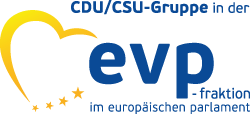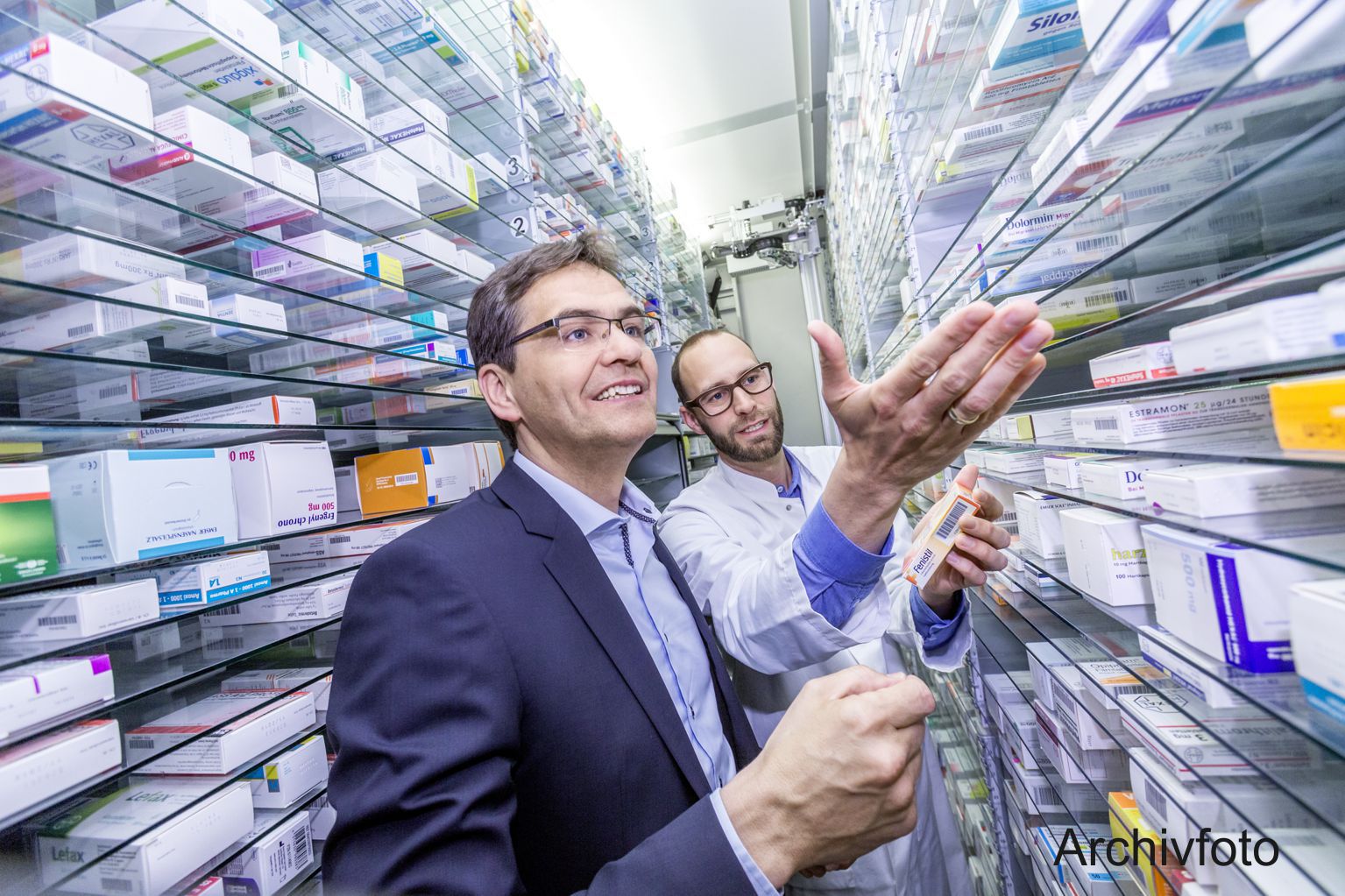Fighting antibiotic resistance / More funding for real innovation such as mRNA-technology / Tackling drug shortages
“We need to fight the silent pandemic of antibiotic resistance, make a stronger effort in drug regulation to support real innovations such as mRNA-technologies, and very urgently address the shortage of medicines. The European Commission’s proposal addresses all three points. Some of the concrete wordings are excellent, others, however, are just a basis for further work in the Council and the European Parliament,” said health politician and physician Peter Liese at the occasion of the presentation of the Commission’s report on the revision of the pharmaceutical revision. On Wednesday, the European Commission presented the biggest reform in 20 years. Five existing schemes are to be merged into two, a regulation and a directive.
A key issue is the fight against antibiotic resistance. "In Europe, 33,000 people die every year because antibiotics no longer work. We urgently need to do something about this. In addition to more cautious use in veterinary medicine, it is necessary to use antibiotics in human medicine only and in a targeted manner. The proposal contains some good ideas in regard to this. I particularly welcome the fact that there is no longer any reliance on the package leaflet alone to tell patients that they should only take antibiotics if they have been specifically prescribed by a doctor. The bad habit of handing out the rest of a pack of antibiotics while drinking coffee to other patients with the phrase ‘helped me quite well’ can promote resistance. I believe, however, that we still need to tighten up the Commission's proposal in this respect. I very much support the idea of finally creating incentives for innovative antibiotics. There have been practically no new antibiotics for 20 years and we urgently need them to save tens of thousands of lives. Anyone who says that the voucher proposal is too expensive has to explain how much it is worth to save a human life. Furthermore, I would like to see alternative ideas like a abonnement model (Netflix model), but everyone knows that Netflix is also not for free.
In my view, it is very important that the Commission proposal finally distinguish between genuine innovations and other new medicines. We need therapeutic breakthroughs, such as mRNA-technology, to attend to patients we have not yet been able to help. It is right that the industry will be given greater incentives by bringing generic drugs to the market later if they meet this criterion. Therefore, it is also very gratifying that the Commission has improved the proposal on this aspect. The proposal that was on the table four weeks ago was simply not good enough. I also support the idea that companies that market their products in all 27 Member States get additional incentives. Many life saving drugs, for example against cancer, are only available in the five big Member States. We need a more European approach here.
On the most urgent problem, namely the prevention of shortages of medicines, the proposal is also much better than the text that was presented four weeks ago. Here, from my point of view, is the greatest need for improvement. It is a scandal that in a relatively rich continent like Europe, children lack urgently needed medicine. During my work at a children's hospital in Paderborn, in the beginning of this year, I experienced that, despite the overload of the wards, some children were only in the hospital because an antibiotic was not available as a syrup and they therefore needed an infusion. There is a lack of drugs for cancer and antidepressants. This must change urgently. The Commission has made proposals here, but I doubt whether they are sufficient. It may not be possible to regulate everything in European pharmaceutical legislation. Also, the Member States have a great responsibility. We will have to work hard on this in the coming months. “, said Liese, who is also the spokesperson on health policy for the largest group in the European Parliament (EPP Christian Democrats).


